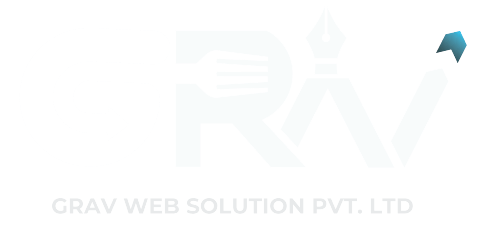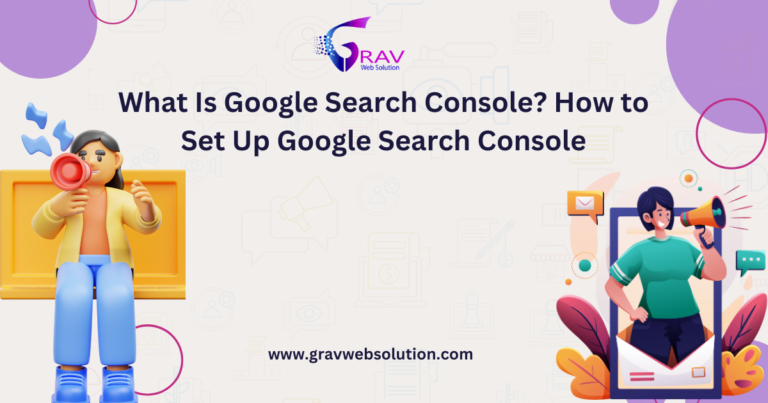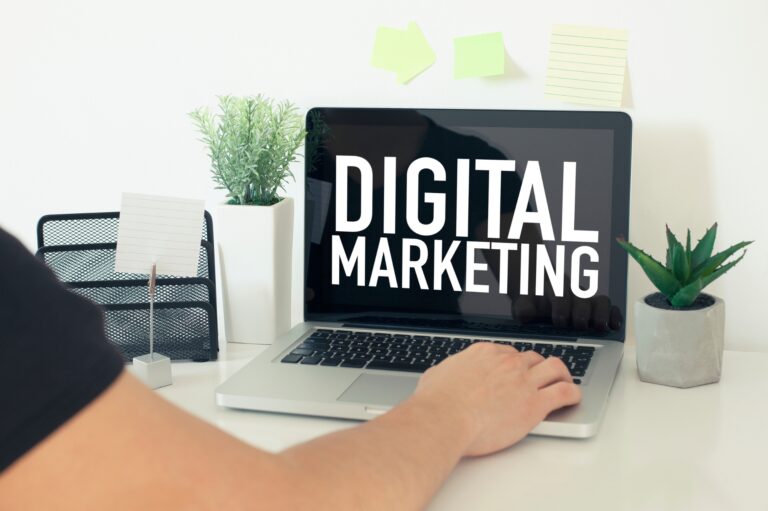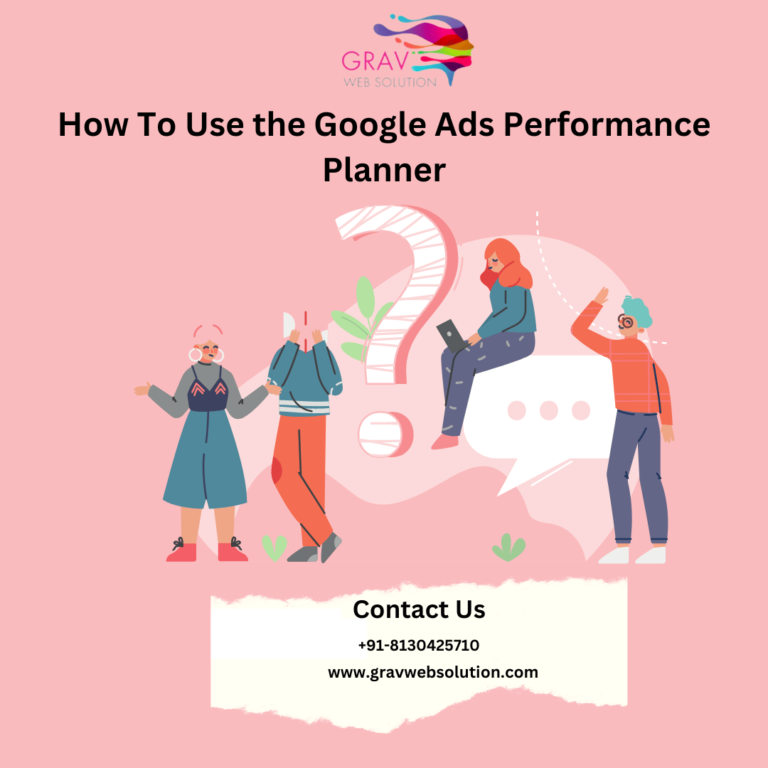Brand promotion has seen a significant evolution over the past decade. With the rise of digital platforms, marketers have more tools at their disposal than ever before. As we navigate through 2024, two strategies stand out: Influencer Marketing and Digital Marketing. But how do they compare, and which one should you focus on for your brand’s future?
Understanding Influencer Marketing
What is Influencer Marketing?
Influencer marketing leverages individuals with significant followings on social media platforms to promote products or services. These influencers can range from celebrities to industry experts to micro-influencers (those with smaller but highly engaged audiences).
Trends in Influencer Marketing
- Micro-influencers on the Rise: Brands are increasingly turning to micro-influencers. They may have smaller followings, but their audiences are often more engaged and loyal, leading to higher conversion rates.
- Authenticity is Key: Today’s consumers are savvy and can spot inauthentic promotions. Influencers who genuinely believe in and use a product are more effective.
- Long-Term Partnerships: One-off posts are becoming less common. Brands are now establishing long-term partnerships with influencers to create a consistent and authentic presence.
Key Benefits
- Personal Touch: Influencers share their personal experiences, making promotions feel more trustworthy.
- Niche Targeting: Brands can reach specific demographics that align closely with their target audience.
- High Engagement: Influencers often have higher engagement rates compared to traditional ads, leading to more interaction and conversion.
Understanding Digital Marketing
What is Digital Marketing?
Digital marketing encompasses all online marketing efforts, including Search Engine Optimization (SEO), content marketing, social media marketing, email marketing, and pay-per-click (PPC) advertising.
Trends in Digital Marketing
- AI and Automation: Artificial Intelligence is transforming digital marketing by providing insights, automating tasks, and personalizing customer experiences.
- Video Content Dominance: Video continues to dominate online content. Platforms like YouTube, TikTok, and Instagram are crucial for engaging audiences.
- Voice Search: With the rise of smart speakers, optimizing for voice search is becoming essential for SEO strategies.
Key Benefits
- Wider Reach: Digital marketing allows you to reach a global audience across various platforms.
- Data-driven: Analytics tools provide valuable insights into customer behavior, enabling data-driven decisions.
- Versatility: From social media to email campaigns, digital marketing offers multiple channels to connect with customers.
Influencer Marketing vs. Digital Marketing: A Comparative Analysis
Cost-Effectiveness
- Influencer Marketing: Costs can vary widely depending on the influencer’s reach and engagement. Micro-influencers can be more cost-effective than celebrity endorsements.
- Digital Marketing: PPC campaigns can be expensive, but they offer precise targeting and measurable ROI. SEO and content marketing can be cost-effective long-term strategies.
Engagement and Trust
- Influencer Marketing: Leveraging the trust followers have in influencers can lead to higher engagement and conversion rates.
- Digital Marketing: While ads can be seen as intrusive, content marketing and social media engagement can build trust over time.
Targeting and Reach
- Influencer Marketing: Ideal for reaching niche markets and specific demographics.
- Digital Marketing: Offers broader targeting options, including geographic, demographic, and behavioral targeting.
Flexibility and Adaptability
- Influencer Marketing: Campaigns can be quickly adapted based on trends and feedback.
- Digital Marketing: Highly adaptable with the ability to run A/B tests, change strategies, and optimize campaigns in real time.
Integrating Influencer and Digital Marketing
The future of brand promotion doesn’t lie in choosing one strategy over the other, but in integrating both for a comprehensive approach. Here are some ways to combine influencer and digital marketing for maximum impact:
Content Collaboration: Collaborate with influencers to create content that can be used across digital marketing channels, enhancing authenticity and reach.
- Influencer-Driven Ads: Use influencer content in your digital ads to leverage their credibility and reach.
- Cross-Promotion: Encourage influencers to share your digital marketing campaigns with their followers, and reciprocate by featuring them on your channels.
- Analytics Integration: Use data from both influencer and digital marketing campaigns to gain insights and optimize strategies.
Conclusion
As we navigate through 2024, it’s clear that both influencer and digital marketing have their unique strengths. Influencer marketing offers a personal touch and high engagement, while digital marketing provides versatility and data-driven insights. By integrating both strategies, brands can create a holistic approach to promotion, ensuring they stay ahead in an ever-evolving digital landscape.
For marketers, small business owners, and content creators, the future holds immense potential. Embrace the synergy between influencer and digital marketing to elevate your brand and connect with your audience like never before.
Are you ready to take your brand promotion to the next level? Share your thoughts and experiences with us in the comments below!





